Ten days after Takaichi Sanae's Taiwan-related remarks, Japan dispatched Kanae Masaki, Director-General of the Asian and Oceanian Affairs Bureau of its Ministry of Foreign Affairs, to China. A photo from that day became the focus of public opinion.
In the photo, Liu Jinsong, Director-General of the Department of Asian Affairs at China's Ministry of Foreign Affairs, appears natural and relaxed with his hands in his pockets. Meanwhile, Kanae Masaki of Japan stands with his hands at his sides, looking stern.
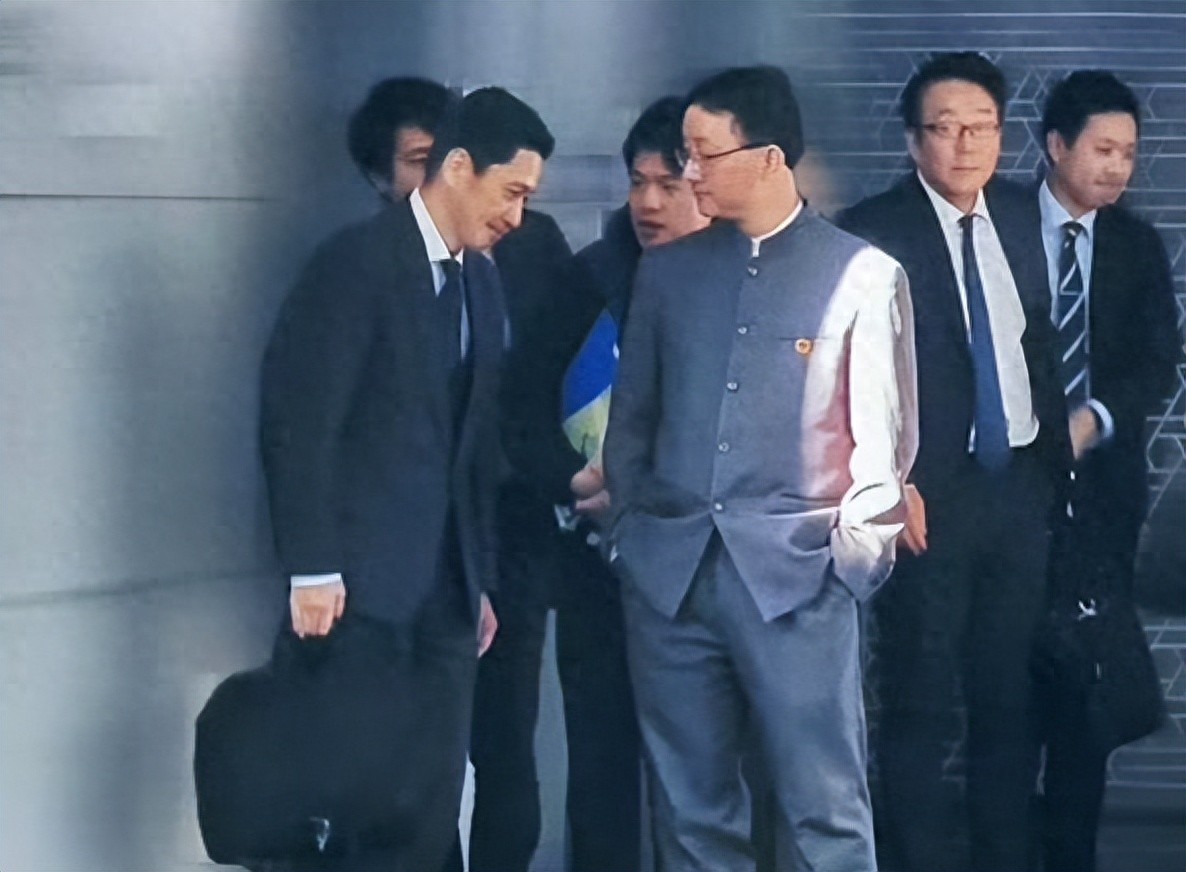
This starkly contrasting image was broadcast by Japanese television stations. However, Japanese politicians quickly expressed dissatisfaction, accusing the Chinese side of "disrespect" and "discourtesy," and demanding an explanation.
In response, a spokesperson for China's Ministry of Foreign Affairs gave a reply!
**Takaichi Sanae Crossed the Line and Must Apologize**
To clarify the origins of this "hands in pockets" controversy, we must go back to the shocking parliamentary session in Japan's National Diet on November 7.
At that time, Japanese Prime Minister Takaichi Sanae declared in the House of Representatives Budget Committee that a "Taiwan emergency" would constitute an "existential crisis situation" for Japan, and that Japan might dispatch troops if the People's Liberation Army attacked Taiwan.
Put bluntly, this would be using this as a pretext for military intervention in the Taiwan Strait situation. Former Japanese Prime Minister Ishiba Shigeru saw it clearly—this was almost equivalent to openly proclaiming "a Taiwan emergency is a Japanese emergency," a red line that successive Japanese governments have dared not explicitly touch.
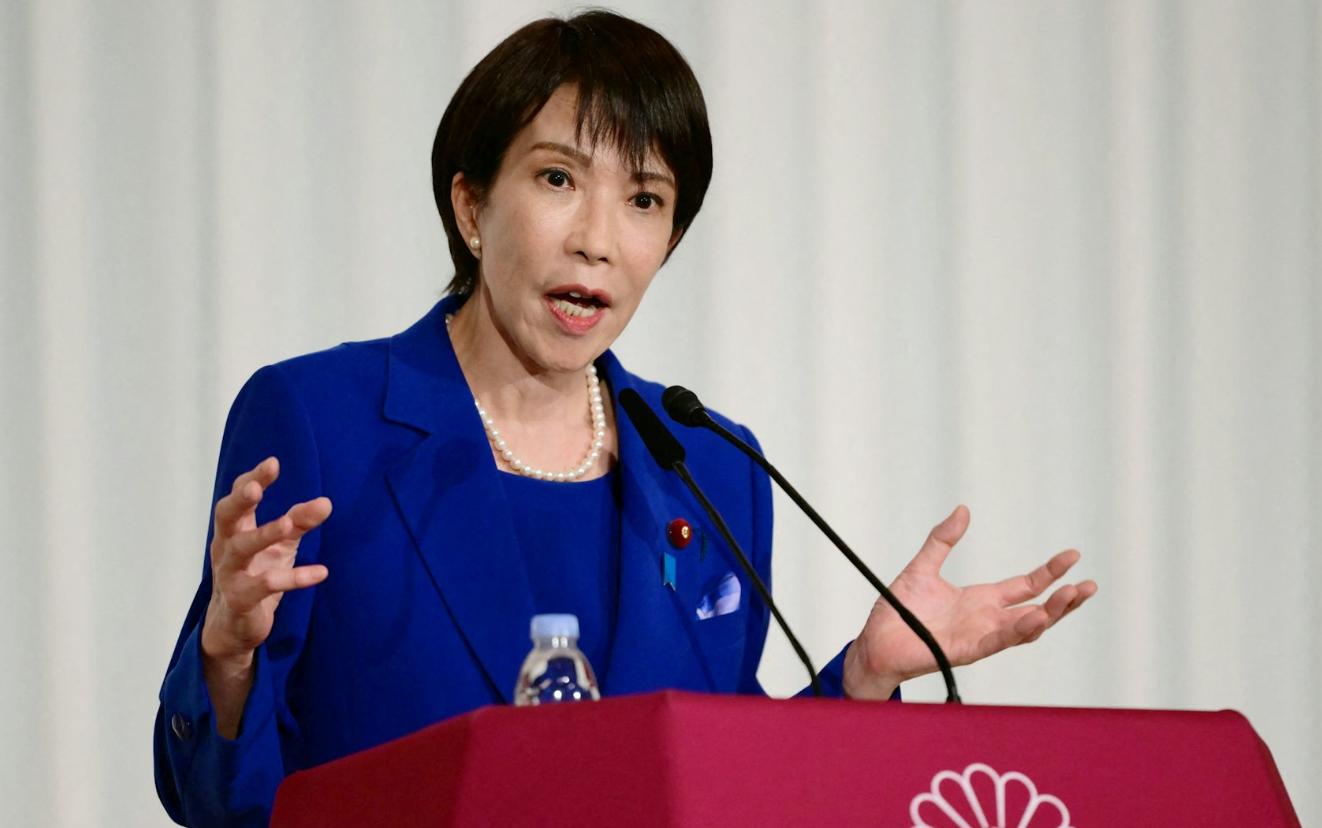
In terms of international law, the *Cairo Declaration* and *Potsdam Proclamation* long ago returned Taiwan to China, and UN General Assembly Resolution 2758 clearly established the One-China principle. These are the cornerstones of the post-war international order.
More ironically, this was not Takaichi Sanae's first transgression on Taiwan-related issues. In April this year, she visited Taiwan as a member of the National Diet, advocating for "strengthened Japan-Taiwan security cooperation." Her political lineage is even more intriguing—as a "political protégé" of Shinzo Abe, her right-wing positions on constitutional revision, military expansion, and historical perception mirror Abe's exactly.
This year marks the 80th anniversary of the victory of the Chinese People's War of Resistance Against Japanese Aggression and the World Anti-Fascist War, as well as the 80th anniversary of Taiwan's retrocession. Takaichi Sanae's remarks are particularly provocative. China's Ministry of Foreign Affairs immediately lodged solemn representations, with a clear core demand: withdraw the erroneous remarks and issue a public apology.
This request is not excessive at all. After all, on Taiwan—the core of China's interests—there is no room for bargaining. Cross the red line and you must bear the consequences. What people didn't expect was that the "negotiator" Japan sent ten days later, along with subsequent manipulations, completely exposed their perfunctory attitude.
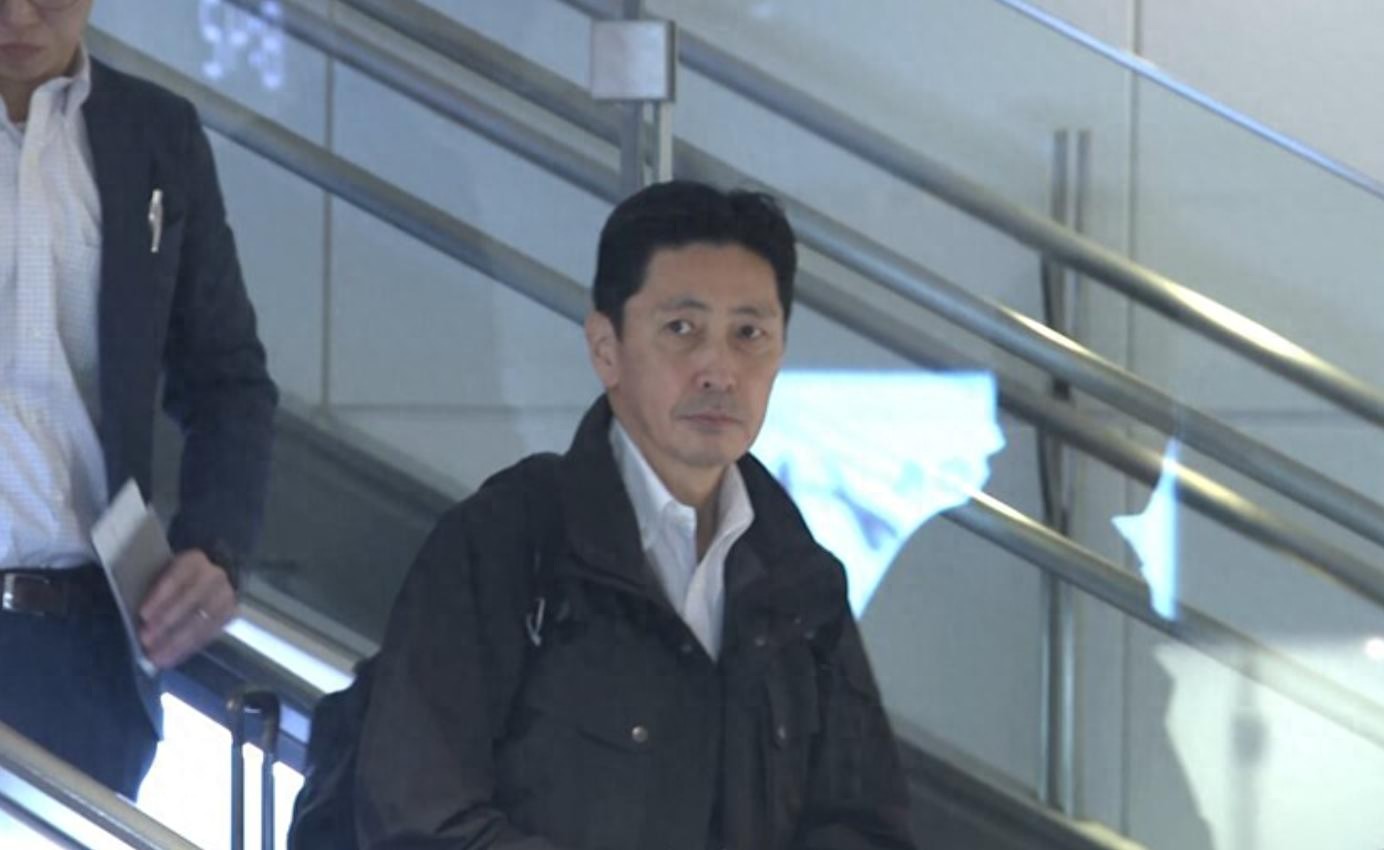
**Making "Hands in Pockets" the Main Issue**
On November 17, Kanae Masaki, Director-General of the Asian and Oceanian Affairs Bureau of Japan's Ministry of Foreign Affairs, arrived in Beijing.
Takaichi Sanae is Japan's Prime Minister; her remarks represent the Japanese government's position. By any reasonable standard, Japan should have sent at least a vice-ministerial-level official to respond to China's concerns. But in reality, they sent a bureau chief.
Kanae Masaki, though a core official handling Asian affairs, has no policy decision-making authority—at most, he's a "megaphone." This arrangement was clearly a敷衍 (brush-off).
The content of the talks was even more disappointing. The Chinese side repeatedly emphasized the sensitivity of the Taiwan issue and the harmfulness of Takaichi's remarks, but the Japanese side stuck to one line from beginning to end: "maintaining the existing position." They neither explained the Prime Minister's true intentions nor promised to restrain such provocative behavior, let alone withdraw the remarks or apologize.
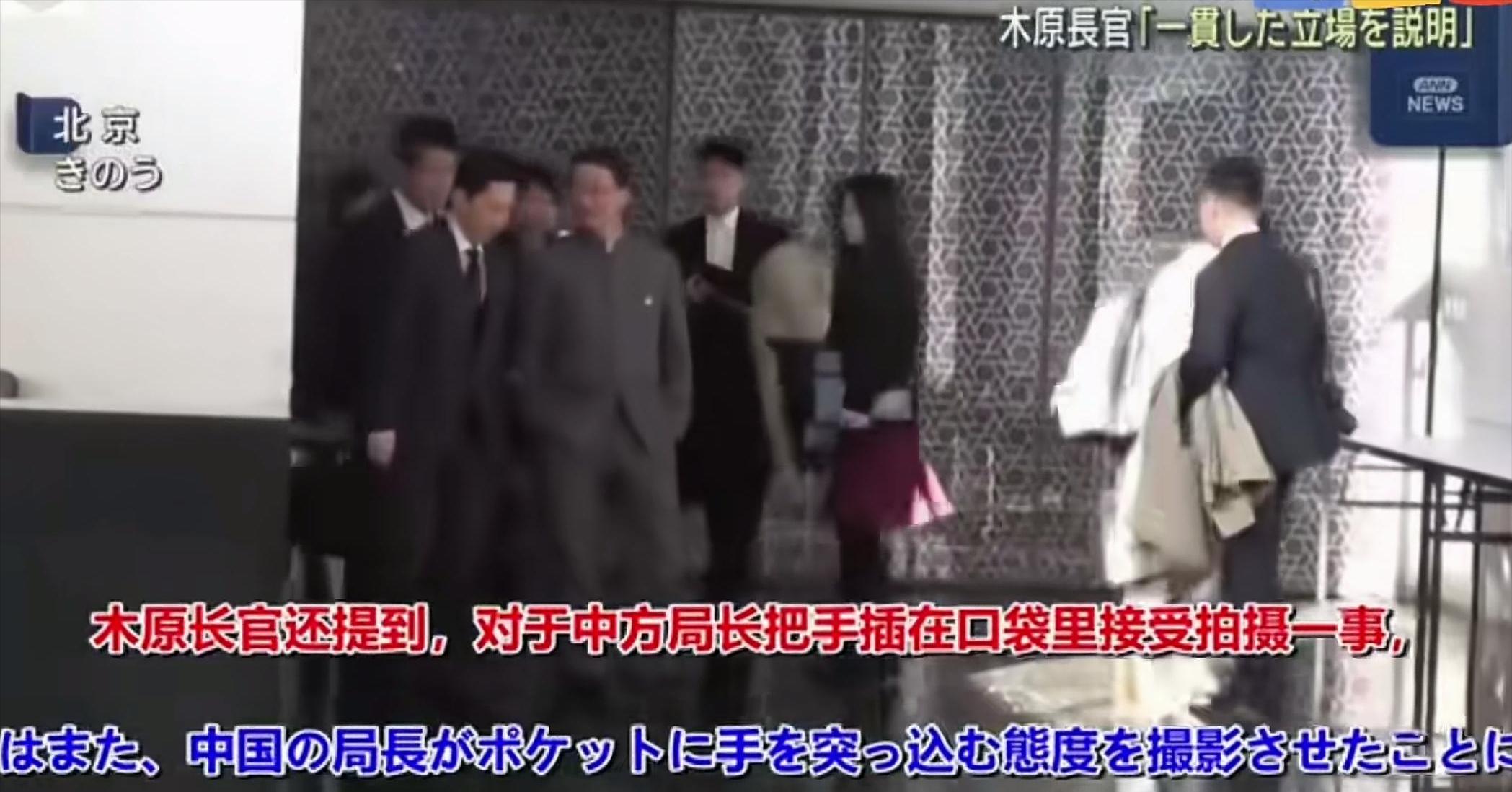
Interestingly, just when no progress had been made on substantive issues, Japan suddenly shifted its focus to a photo taken after the talks.
In the photo, Director-General Liu Jinsong has his hands in his pockets, looking natural and relaxed, while Director-General Kanae Masaki stands with his hands at his sides, looking serious. Japanese media latched onto this contrast, quickly hyping it into a focal point of public opinion. Japanese politicians followed suit, accusing the Chinese side of "disrespect" and "discourtesy," even demanding an explanation from China, as if this photo were more important than the Prime Minister's Taiwan-related remarks.
More ironically, this hype was baseless from the start. This photo wasn't taken by Chinese media—most of the journalists filming on-site were from Japanese media, and even the video footage bore Japanese television station watermarks.
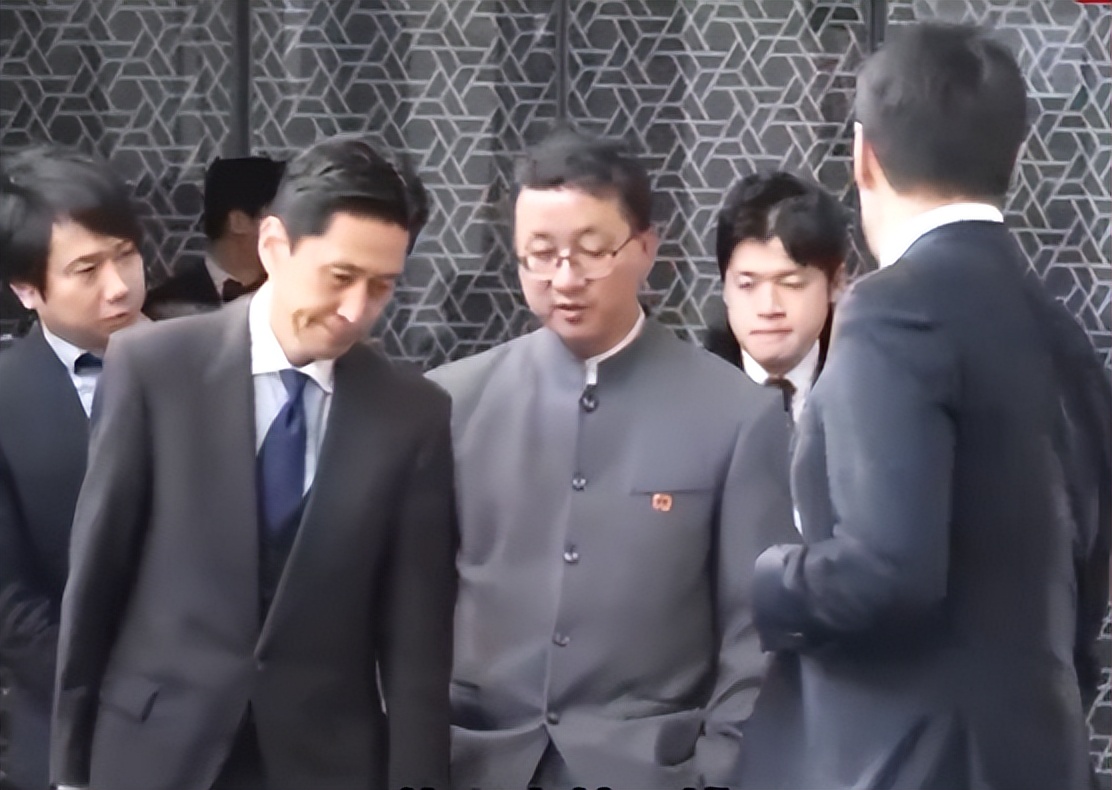
In other words, Japan's own journalists took the photo, their own media broadcast it, and then they turned around and used it to accuse China of "inappropriate posture." This operation was essentially setting up a trap for themselves to fall into.
On November 19, Foreign Ministry spokesperson Mao Ning's response hit the nail on the head: "The Chinese side did not arrange for media coverage; most of the journalists filming on-site were from Japanese media."
In fact, a moment's thought makes it clear. Media arrangements for diplomatic occasions always follow rules. If China had truly intended to "humiliate," how would they have allowed Japanese media to dominate the filming? Put plainly, Japan didn't gain any advantage in the talks, didn't want to admit they were in the wrong, so they had to latch onto a photo to shift attention.
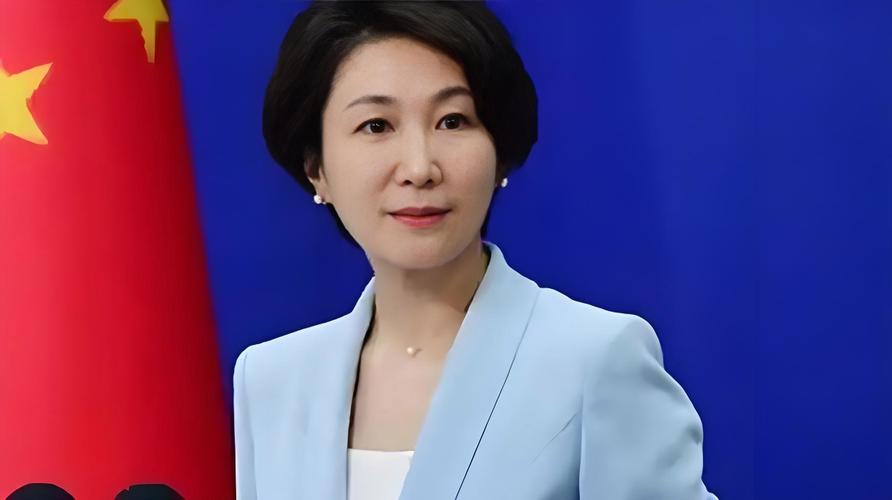
**Exposing Japan's True Intentions**
The first layer is to shift domestic attention and cover up diplomatic incompetence. Takaichi Sanae's Taiwan-related remarks had already sparked protests within Japan. Faced with China's strong stance, the Takaichi cabinet could not come up with any effective response, and Kanae Masaki was also sent back empty-handed. In this situation, hyping the topic of "Chinese discourtesy" can exactly stir up populist sentiment and divert public attention from the government's diplomatic mistakes. This is textbook-level "buck-passing."
The second layer is to shape an image of "China not following rules" and smear China internationally. Japan has always wanted to play the role of a "rule-maker" in East Asian affairs, especially liking to use "etiquette" as a talking point to create the illusion of being a "civilized nation." This time, hyping "discourtesy over hands in pockets" is precisely trying to hint to the international community: China is the party that "doesn't understand the rules," the "troublemaker" that violates diplomatic protocol. But China's statement that "the photo was taken by Japanese media" punctured this illusion, instead letting the outside world see through Japan's "self-directed and self-performed" routine.
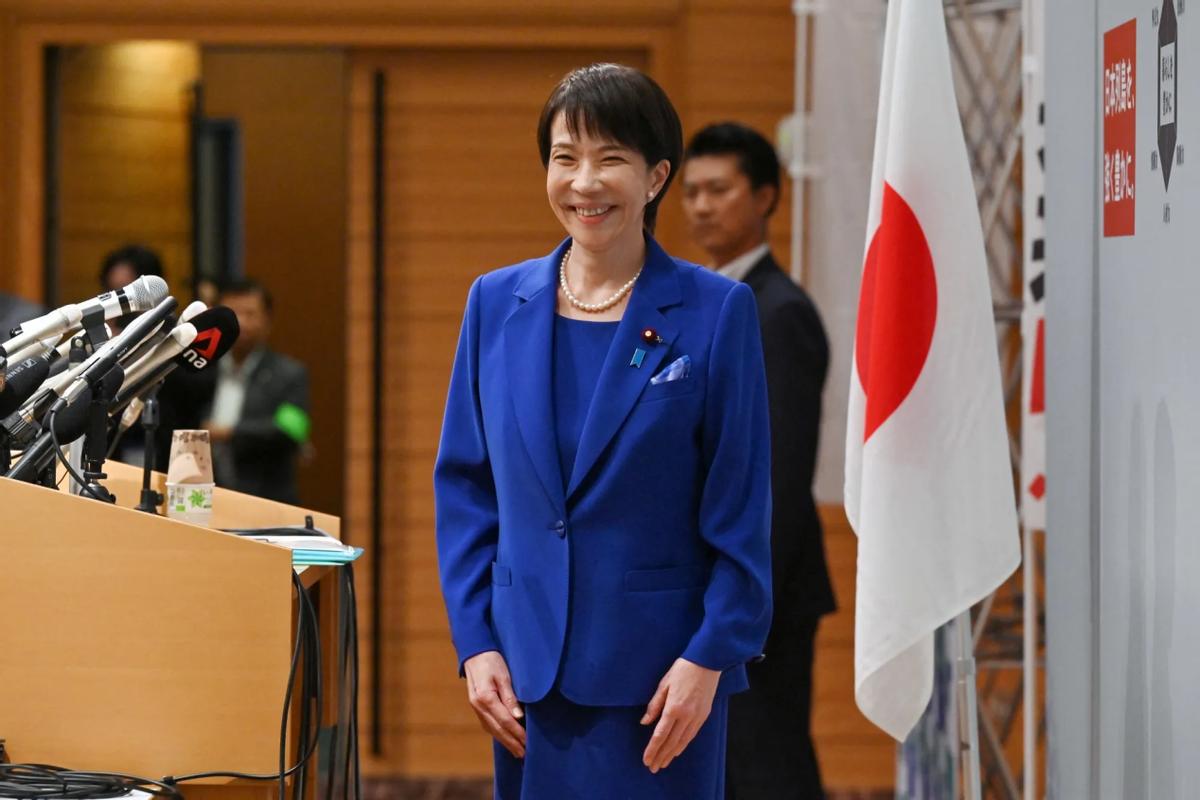
The third layer is to test China's bottom line and gain a psychological advantage in the war of nerves. For a long time, in relations with China, Japan has always wanted to maintain a "posture advantage," unwilling to accept reality even as the strength gap becomes increasingly obvious. This time, they deliberately nitpicked over details to see if China would compromise, back down, or lower its head to explain for the sake of "overall considerations." But China's response was clear: no retreat on core issues, no time for boring hype. This "non-engagement" attitude instead completely invalidated Japan's psychological warfare.
**Diplomatic Etiquette Has Always Been Mutual**
Before Japan mentions "etiquette," it should first reflect on whether it has shown respect itself. Put plainly, what Japan wants is not "equal etiquette," but "special treatment"—wanting China to compromise on core interests while also accommodating them in posture. This wishful thinking has clearly misfired.
**Posture Is Determined by Strength; The Times Have Changed**
In international relations, posture has always been an extension of strength. With strength comes confidence; with confidence comes composure. Director-General Liu Jinsong's "hands in pockets" sparked such discussion because the posture conveys a message: China does not need to be cautious in the face of unreasonable provocations, nor does it need to put on a facade to please others.
Conversely, Japan's reaction precisely exposes their anxiety. Why did a single photo cause Japan to "collectively break down"? Because they desperately need "posture advantage" to cover up the gap in real strength.
Times do not stop simply because someone is unaccustomed to them. Today's China is no longer the Qing Dynasty from over 120 years ago, nor is it the country that needed to look up to the West in every way decades ago.
On the Taiwan issue, China's position has never wavered and will never change due to any external pressure. Takaichi Sanae wants to use the Taiwan question to pave the way for military expansion; Japan wants to use photo hype to divert attention. None of these tactics can alter a fundamental fact:
Taiwan is an inalienable part of China's territory, and no external force has the right to interfere.



You must be logged in to post a comment.